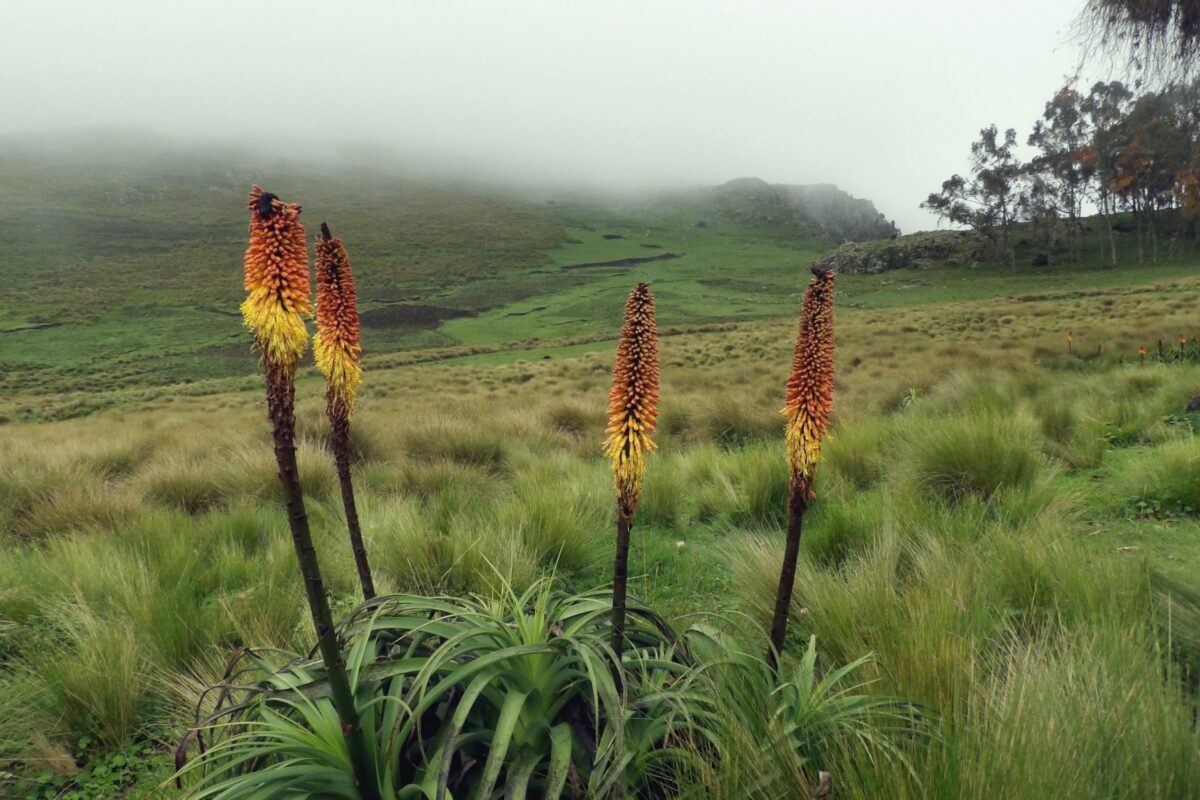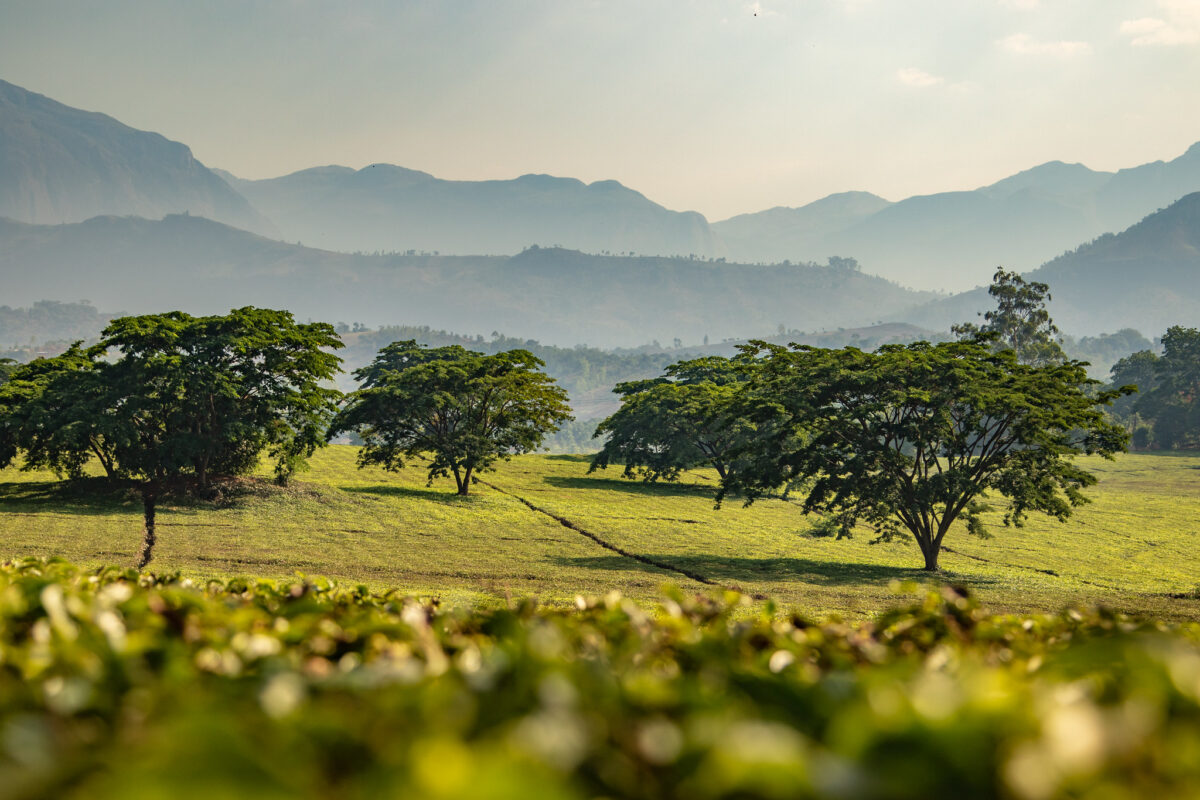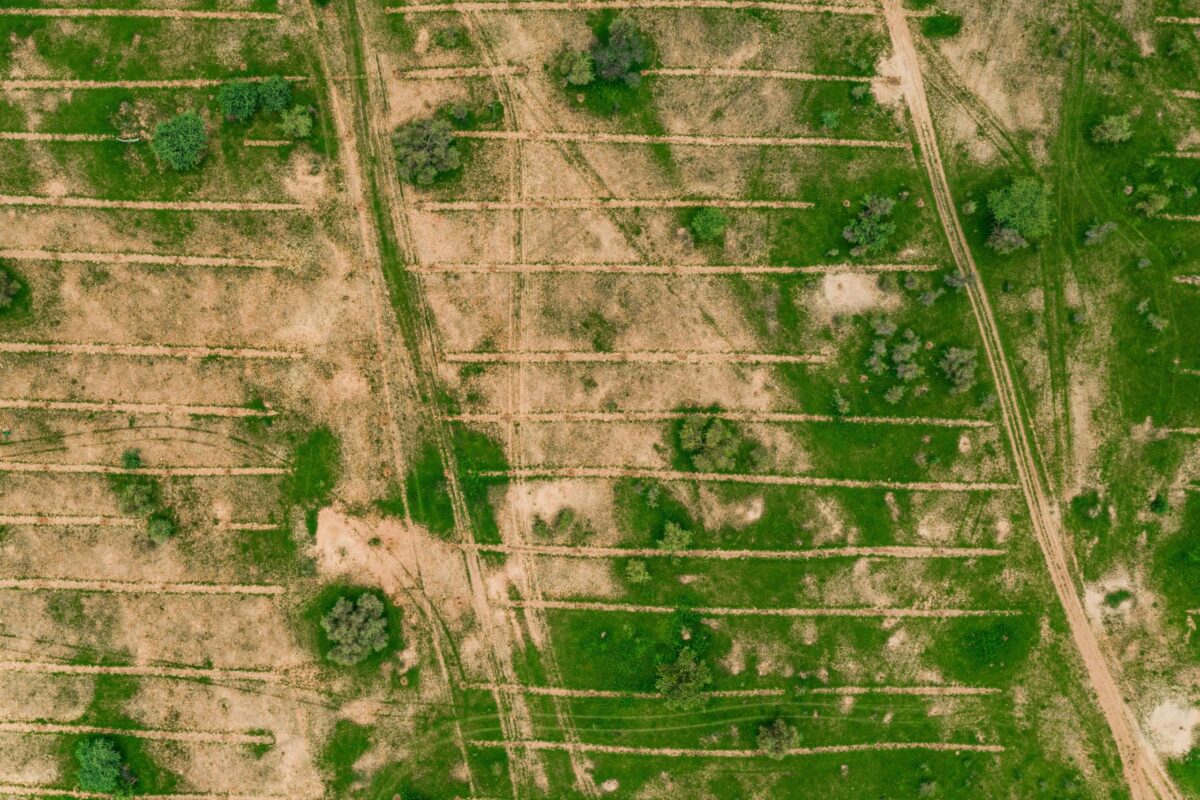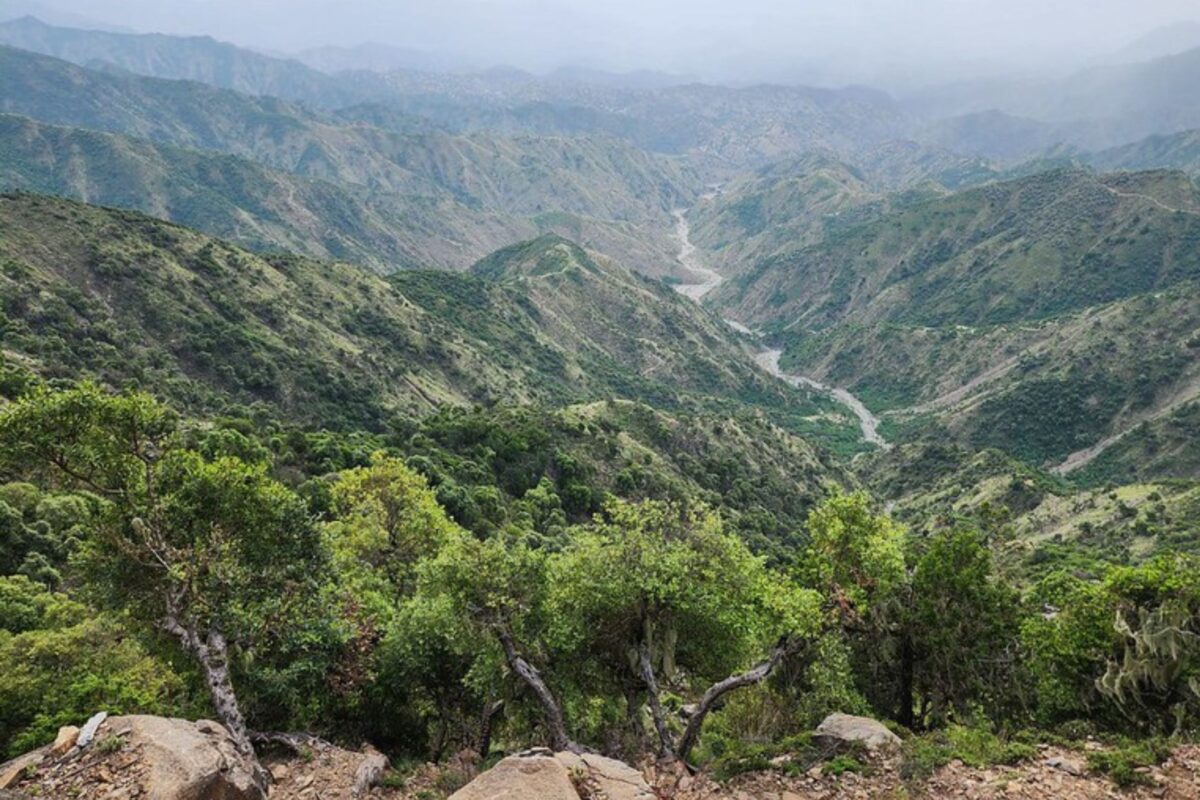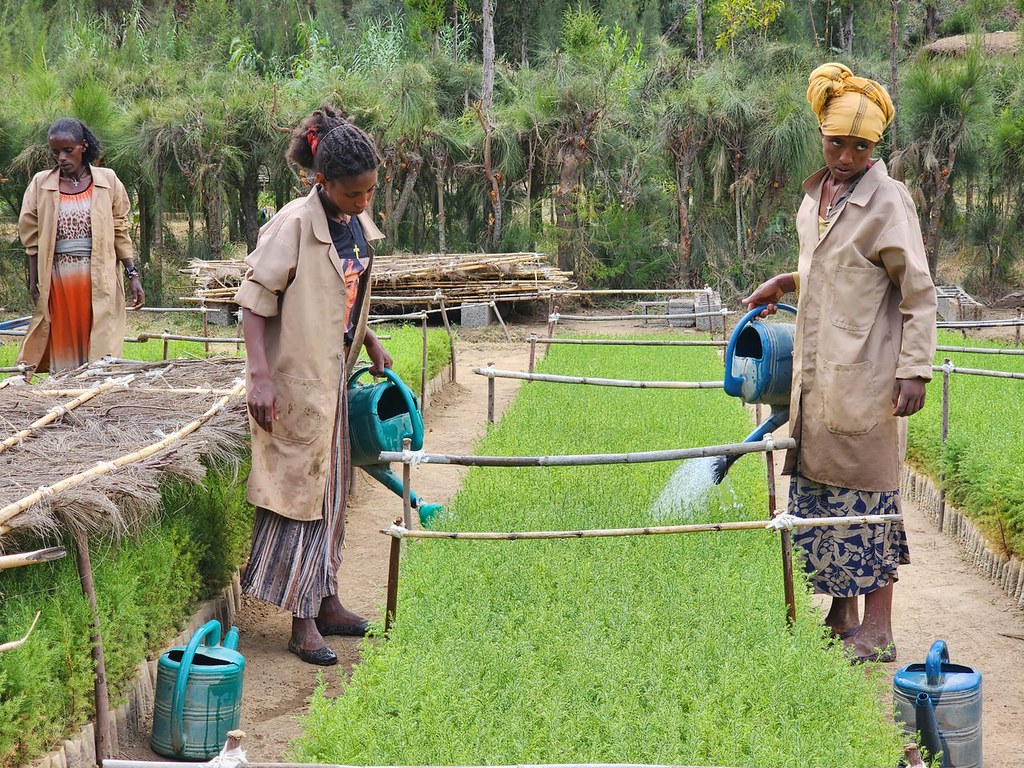On the agenda to discuss were; the exclosure by-laws, that is, the regulations and rights regarding current and future use of the exclosure and site management to optimize ecosystem services, how best to involve the vulnerable members of the society and how to manage the tree nurseries.
We heard what indigenous species community members would prefer to plant (e.g Olea europaea, Acacia abyssinica, and Juniperus procera) and which livelihood initiatives they are most interested in. Honey production is the most promising livelihood option and ranked first by community representatives. It was also decided that the community will provide free labour service to construct soil and water conservation structures in the plantation area in the coming dry season before planting takes place.
These discussions are crucial for defining our management plan because they ensure that those involved in the project have a say in what that looks like. Indeed they also represent the next stage of our project in Tigray.
With the decision-making out of the way, we will be setting up the community-based nurseries and growing our first batch of seedlings next month.


